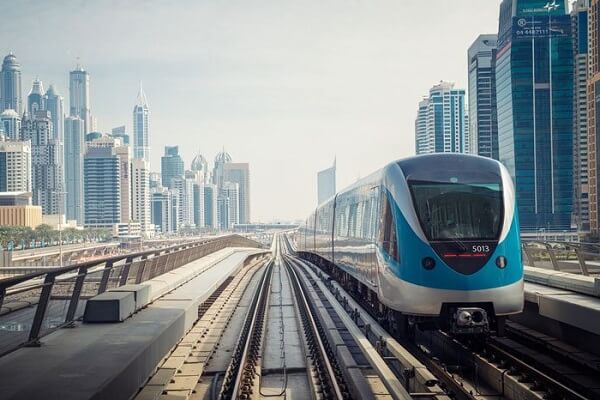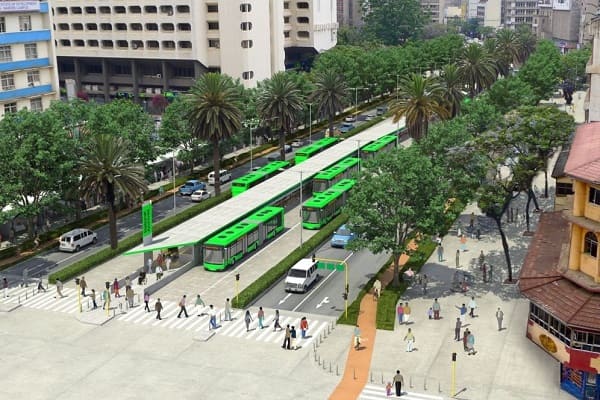 Qatar approves Saudi Rail Link Agreement, Accelerating Gulf Railway Vision 2030
Qatar approves Saudi Rail Link Agreement, Accelerating Gulf Railway Vision 2030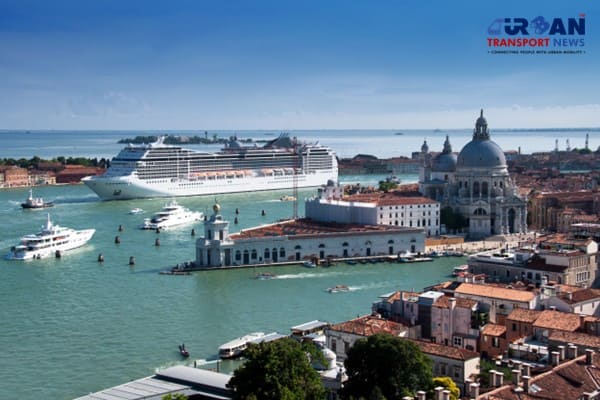 UP Govt plans to introduce Water Metro services in Ayodhya, Varanasi & Prayagraj
UP Govt plans to introduce Water Metro services in Ayodhya, Varanasi & Prayagraj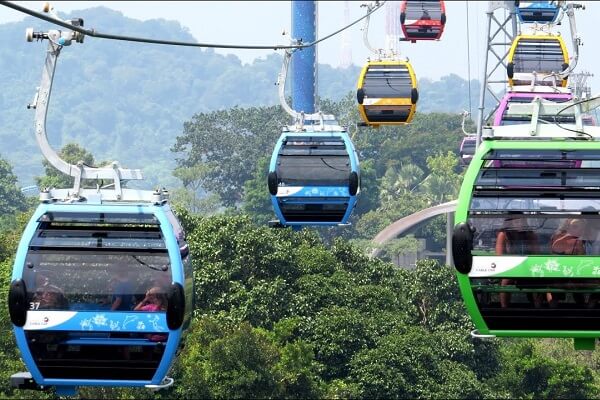 India’s First Urban Ropeway begins Trial Run in Varanasi, Set to carry 1 Lakh passengers daily
India’s First Urban Ropeway begins Trial Run in Varanasi, Set to carry 1 Lakh passengers daily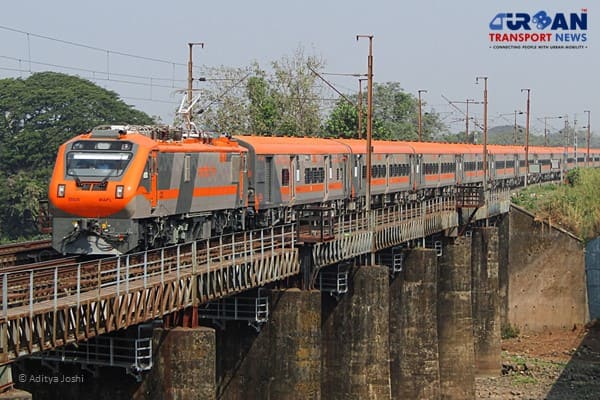 India and Bhutan to Build First-Ever Rail Link: ₹4,033 Cr Project to Boost Regional Connectivity
India and Bhutan to Build First-Ever Rail Link: ₹4,033 Cr Project to Boost Regional Connectivity Patna to launch Eco-Friendly Water Metro; Trial Run soon between Digha and Kangan Ghats
Patna to launch Eco-Friendly Water Metro; Trial Run soon between Digha and Kangan Ghats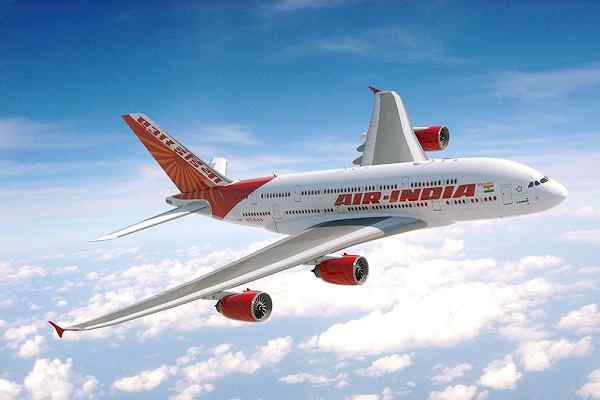 Air India Group set to launch Flights Operations from Navi Mumbai International Airport
Air India Group set to launch Flights Operations from Navi Mumbai International Airport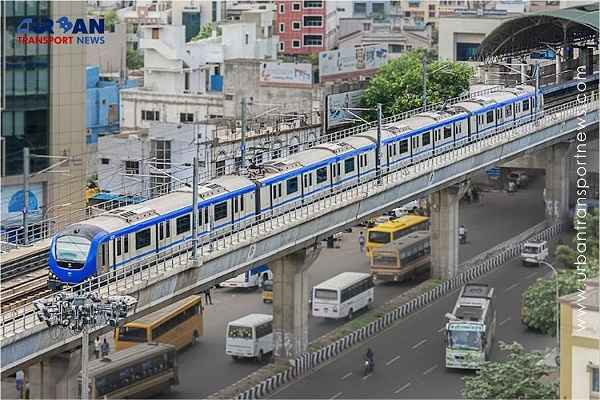 Chennai to launch 25-Year Mobility Plan with Unified QR Ticketing and One-App Transit System
Chennai to launch 25-Year Mobility Plan with Unified QR Ticketing and One-App Transit System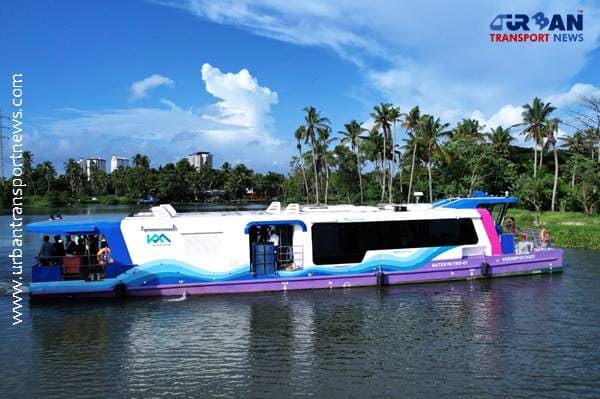 Kochi Metro bags ₹4.4 crore contract to prepare DPR for Mumbai Water Metro Proejct
Kochi Metro bags ₹4.4 crore contract to prepare DPR for Mumbai Water Metro Proejct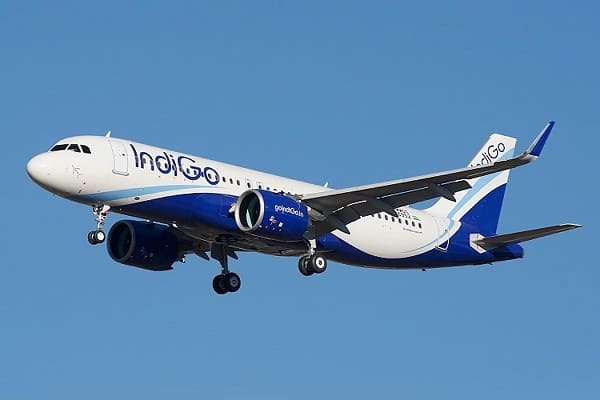 Navi Mumbai International Airport set for September launch; IndiGo and Akasa Air to lead Operations
Navi Mumbai International Airport set for September launch; IndiGo and Akasa Air to lead Operations Noida International Airport to be Inaugurated on October 30, Commercial Flights in 45 Days
Noida International Airport to be Inaugurated on October 30, Commercial Flights in 45 Days
India's first hydrogen-powered train will be ready in 2023: Railway Minister
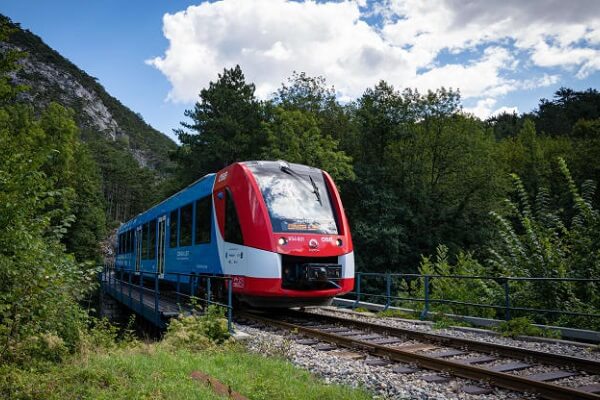 (Image for representation purpose only)
(Image for representation purpose only)
New Delhi, India (Urban Transport News): India is going to launch its own Hydrogen-powered train first time in the country under its carbon neutrality mission. Union Railways Minister Ashwini Vaishnaw on Thursday said that India is developing hydrogen-powered trains and they will be ready in 2023.
"Indian Railways is trying to connect the remote and unconnected areas of the country with the railway network through its Gati Shakti terminals policy and work on the policy is on the fast track," said Railway Minister while speaking at SOA University in Bhubaneswar on Thursday.
Talking about train and track management, the Railway minister said, "Our focus is not only to make trains. We are also working hard on a track management system to run semi-high or high-speed trains. During a trial run of Vande Bharat we already have shown that a fully loaded water glass has not shaken at the speed of 180kmph, but, it shook the world."
"The Vandebharat Express the Semi High speed and one of the fastest trains are developed indigenously with in-house technology in India and the train has been running smoothly without any major breakdown for the last two years," the minister said adding that more such Vandebharat express trains are being manufactured at ICF and will be put into service soon. After the successful completion of the trial run of Vande Bharat, now, serial production of the rest 72 trains will start soon.
"It is notable that the maximum speed of the third Vande Bharat train is 180 kilometres per hour. It reached 0-100 kmph in 52 seconds as compared to 55 seconds taken by the bullet train. The first generation Vande Bharat trains reach 0-100 kmph in 54.6 seconds and have a maximum speed of 160 kmph," he added.
The contract to manufacture and supply the hydrogen-powered trains has been awarded to Medha Servo Drives as the first step in Indian Railways’ path to achieve their net zero ambitions. The fuel cell modules are expected to be shipped in 2023, with trains scheduled to go into service in 2024, with the potential for additional retrofits following the initial deployment.
Indian Railways estimate their investment in the hydrogen fuel cell project to have a payback of fewer than two years as the cost of hydrogen is now less than diesel. These conversions are not only expected to be more economic than their diesel counterpart but also reduce annual carbon dioxide emissions by over 11 metric tons and eliminate nearly a metric ton of particulate matter per year.





